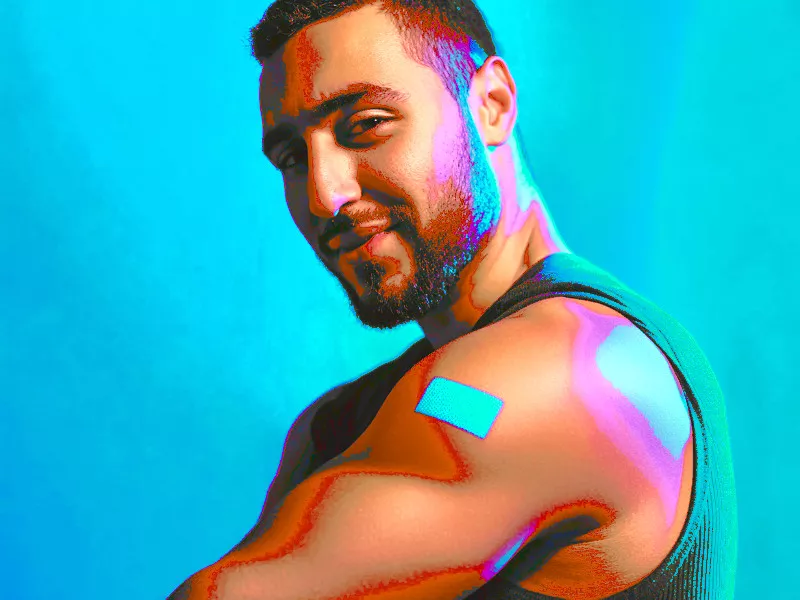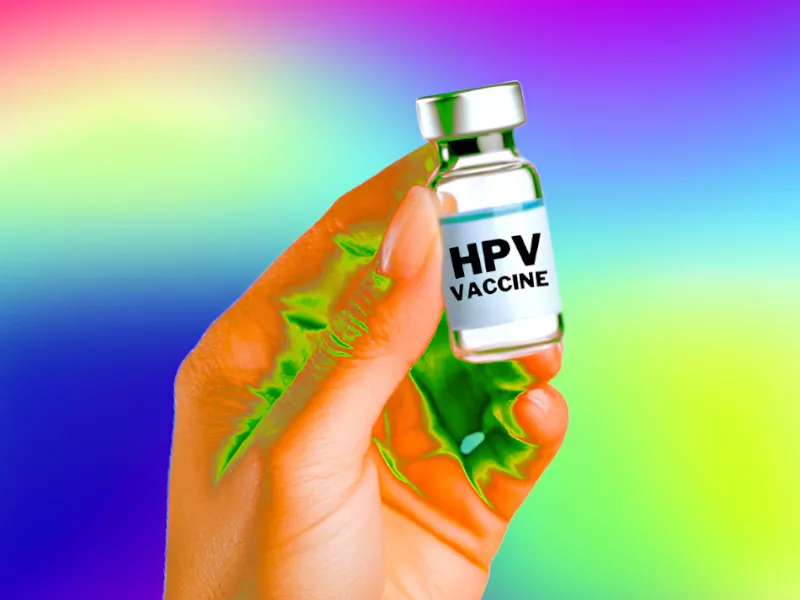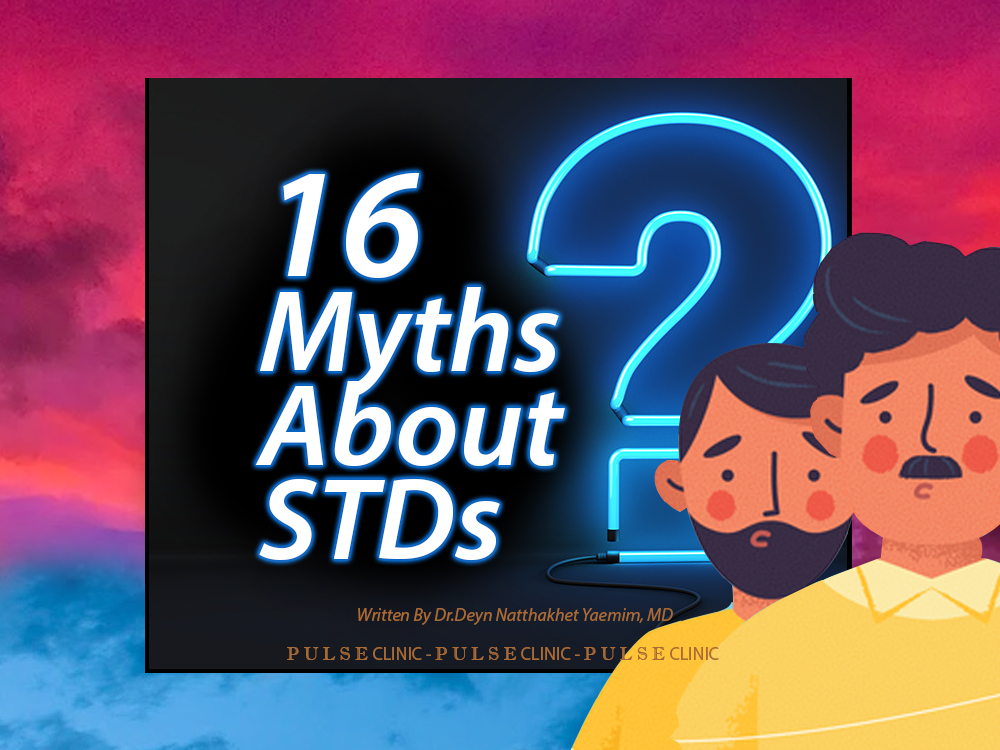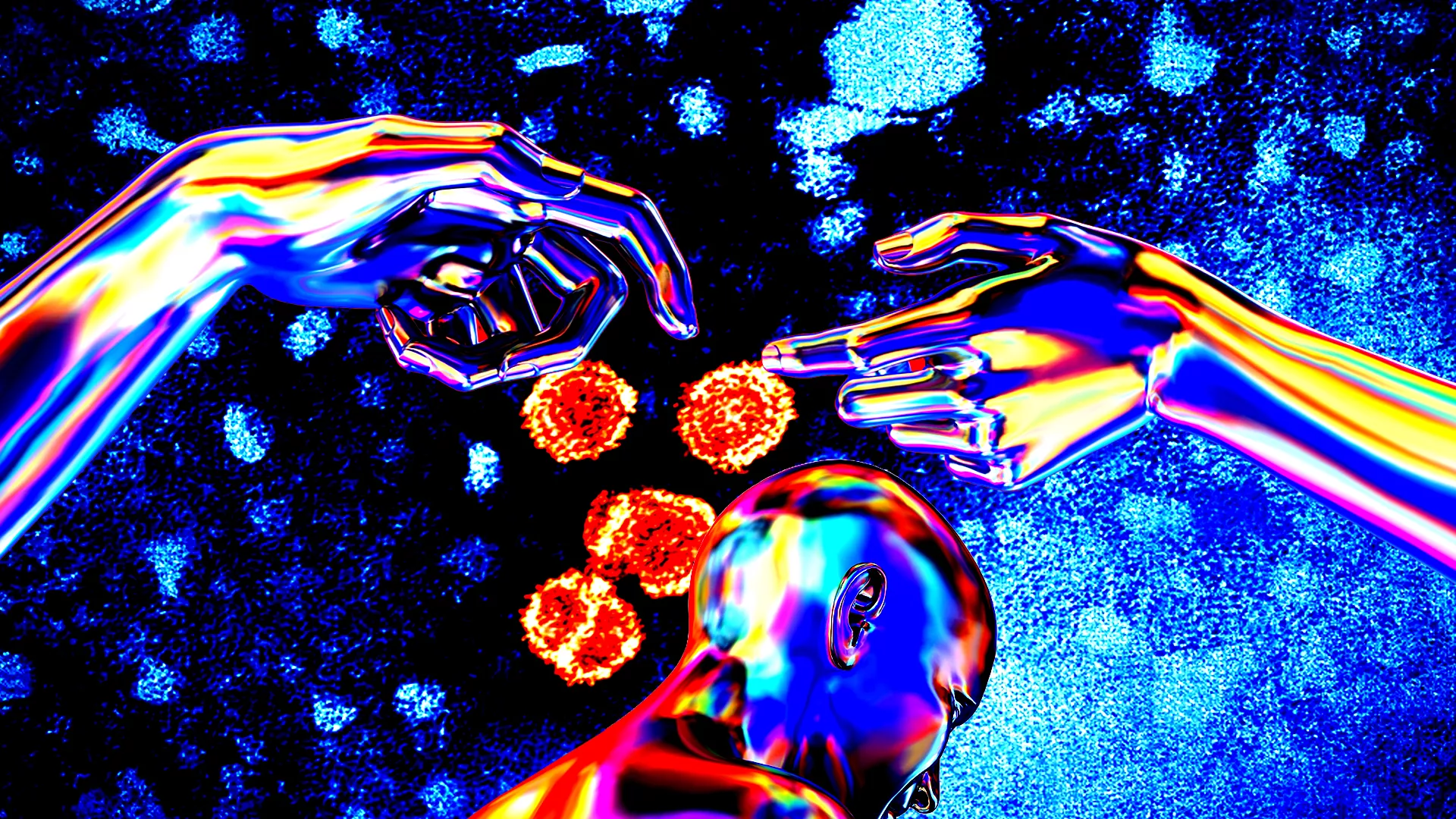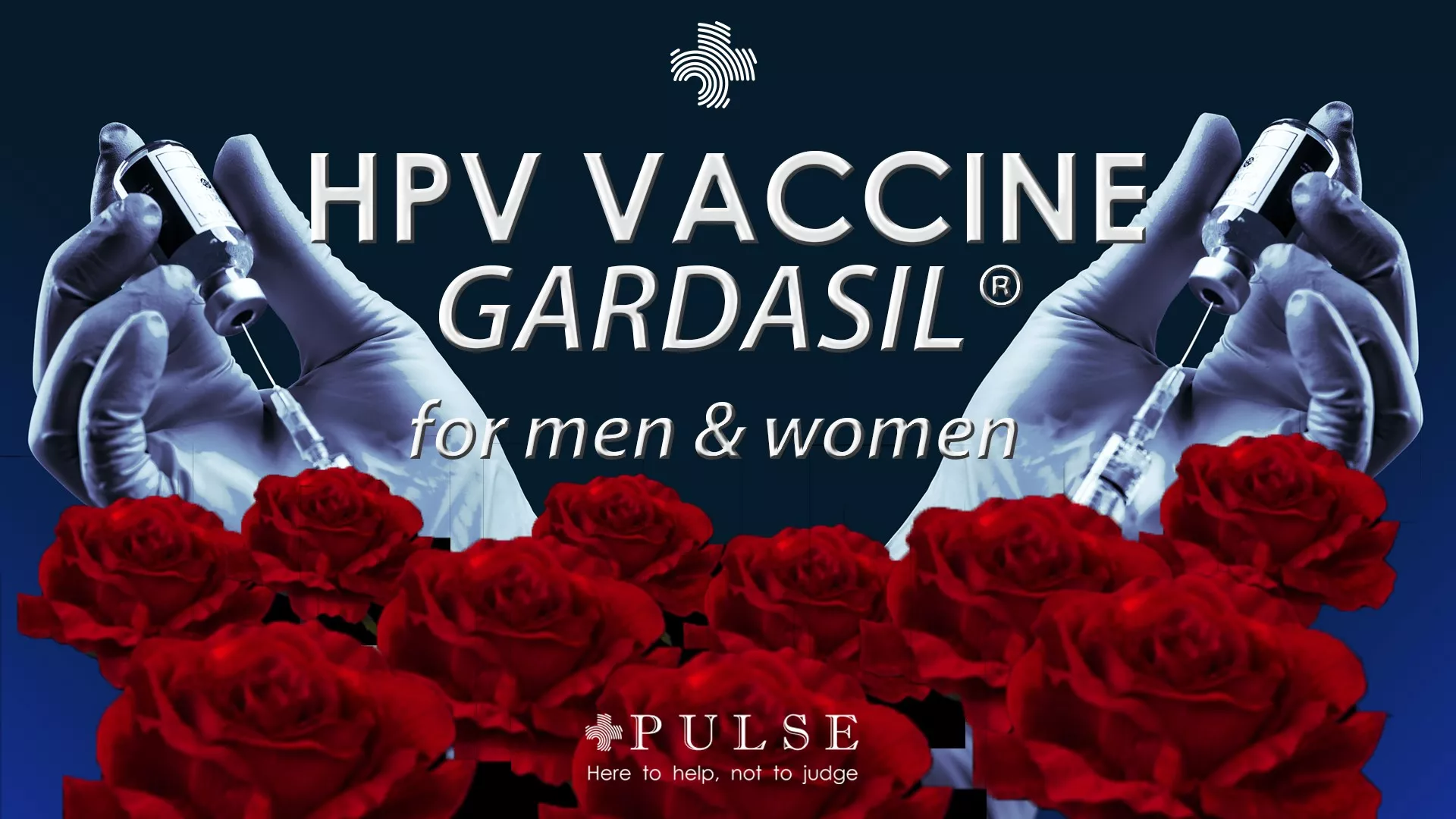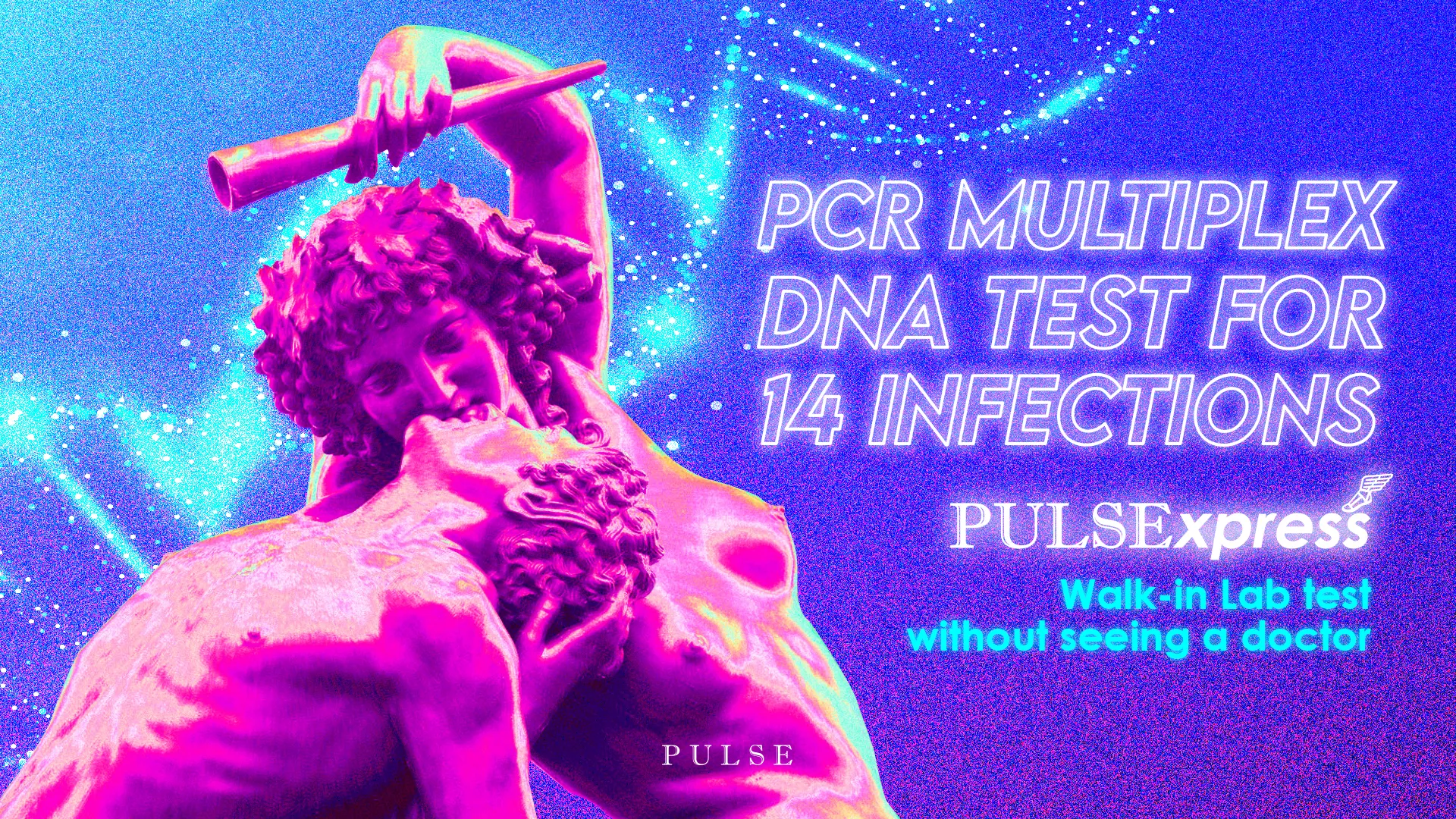HPV Vaccine (Gardasil 9) in Kuala Lumpur
17260
HPV vaccine (Gardasil 9) in Kuala Lumpur, Malaysia . All PULSE clinics provide the latest HPV vaccine for men and women.
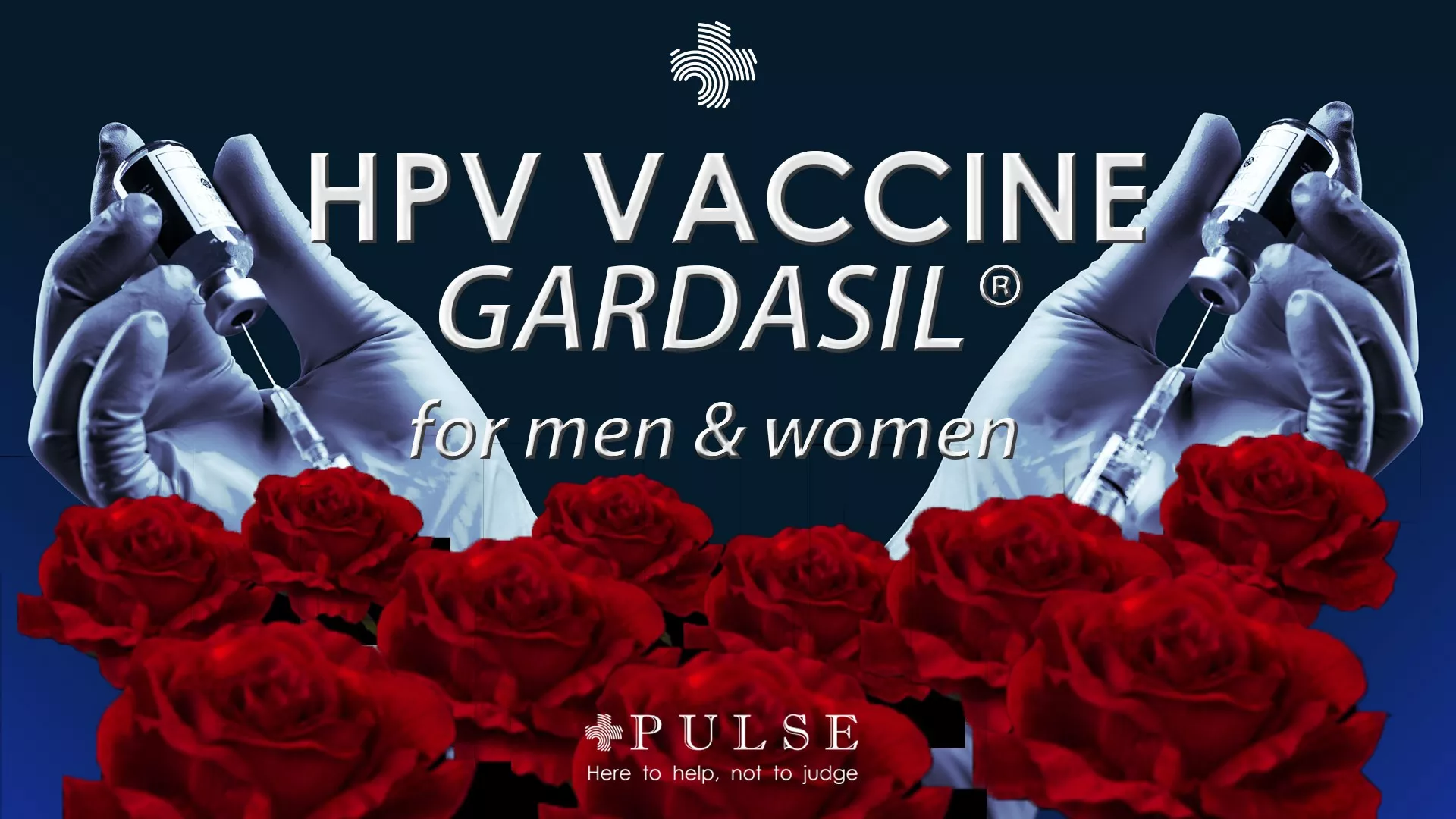
HPV VACCINE (Gardasil®) AT PULSE CLINIC KUALA LUMPUR - MALAYSIA
Dr.Deyn | 9 August 2019, reviewed and updated on 10 April 2023
HPV VACCINE PRICELIST AND PROMOTION AT PULSE CLINIC
Book Your HPV Vaccination Today!
For any inquiries about getting HPV vaccines at PULSE Clinic, please contact info.bkk@pulse-clinic.com or any of the following platforms
![]() +66 65 237 1936
+66 65 237 1936  @PULSEClinic
@PULSEClinic ![]() PulseClinic
PulseClinic
HPV: What It Is and How It Spreads – Key Facts You Need to Know
HPV is very common and you can catch it through intimate sexual contact with another person who already has it. There are over 200 types of HPV. Because it's so common, most people will get infected eventually. People are often infected without knowing it as there are usually no symptoms and infections tend to go away on their own. HPV is the most common sexually transmitted infection. HPV is spread mainly by skin-to-skin contact, not just anal and vaginal and oral sex.
Genital HPV infections are highly contagious and typically spread through sexual contact. Almost all sexually active individuals will contract HPV at some stage in their lives. The likelihood of infection increases with the number of sexual partners you or your partners have.
How to Protect Yourself from HPV Warts and HPV-Related Cancers – Prevention Tips
As you may know, there are many types of HPV (Human Papillomavirus), with types 6, 11, 16, and 18 being the primary contributors to cervical cancer in women and anal cancer in men. Over 90% of cervical cancer cases are linked to HPV. However, HPV also affects men, accounting for nearly 40% of HPV-related cancers. Each year in the U.S., more than 13,000 men are diagnosed with cancers caused by HPV. Fortunately, these cancers can largely be prevented through the HPV vaccine.
What Health Risks Can HPV Cause?
HPV infections that persist can lead to cancers – anal, throat, and penile (penis) cancers in men, and cervical cancer in women.
HPV type 16, 18 are the major causes of cervical cancer and are the main cause of HPV-associated cancers in males and females such as
- Anus and back of the throat, including the base of the tongue and tonsils (oropharynx), in both women and men.
- Penile cancer in men
- Cervix, vagina, and vulva in women.
HPV type 6, 11 are the main causes of anal warts and genital warts.
HPV type 31, 33, 45, 52, 58 are 15% cause of cervical cancer.
Cancer can take years, even decades, to develop after a person is infected with HPV. The Centers for Disease Control recommends HPV vaccination at ages 11-12 to help protect against these cancers. It is impossible to predict who will develop cancer or other health issues from HPV. Individuals with weakened immune systems, including those with HIV/AIDS, may be less capable of combating HPV and are at a higher risk of experiencing related health problems.
HPV Vaccine: Essential Information and Benefits for Protection
There are 3 types of HPV vaccine, all of them are non-infectious vaccine
- 2v = bivalent HPV vaccine (Cervarix, HPV 16, 18)
- 4v = quadrivalent HPV vaccine (Gardasil®4, HPV 6, 11, 16, 18)
- 9v = nonavalent HPV vaccine (Gardasil®9, HPV 6, 11, 16, 18, 31, 33, 45, 52, 58)
The 2v, 4v, and 9v HPV vaccines specifically target HPV types 16 and 18, which are responsible for approximately 66% of cervical cancer cases and are the leading causes of HPV-related cancers in both men and women (including the six types mentioned earlier). The 4v and 9v vaccines also protect against HPV types 6 and 11, which are the primary causes of anal and genital warts. Additionally, the 9v vaccine protects against five more types: HPV 31, 33, 45, 52, and 58, which account for about 15% of cervical cancer cases.
The 9v HPV vaccine (9vHPV, Gardasil®9, Merck & Co.) was approved by the US FDA for use in both males and females in December 2014. In February 2015, the Advisory Committee on Immunization Practices (ACIP) recommended Gardasil®9 for cancer prevention in both genders. It is widely utilized for prevention in developed countries.
HPV Vaccine Schedule: When to Start and How Many Doses You Need
As soon as possible. In October 2016 ACIP recommended HPV dosage according to age starting the first dose.
- Age less than 15 years old: 2-doses regimen (day 1 and month 6)
- Age above 15 years old: 3-doses regimen (day 1, month 1-2, month 6)
- Immunocompromised people such as HIV infected patient: 3-doses regimen (day 1, month 1-2, month 6) regardless of age
HPV Vaccination Transition: Completing Your Series from 4v or 2v to 9v – Essential Information
- If you started with 2v or 4v, can you complete with 9v?
- YES, you can - If you completed 2v or 4v course, do you need to receive 9v course again, what would we suggest?
- Most HPV-related cancers are caused by HPV 16, 18 which is already covered by 4v or 2v.
- The benefit of 5-additional types (9v) would be for women, as mentioned above (HPV 31, 33, 45, 52, 58 which are 15% cause of cervical cancer.)
- You still need cervical cancer screening from age 21-65 years old regardless if you are a vaccinated or unvaccinated women.
The HPV vaccine is safe and highly efficacious and can significantly reduce the burden of HPV-related genital warts and cancers among men, in addition to promoting herd immunity.
HPV Vaccine Side Effects
HPV vaccination can cause side effects. The most common side effects are mild and include:
- Pain, redness, or swelling in the arm where the shot was given
- Dizziness or fainting (fainting after any vaccine, including HPV vaccine, is more common among adolescents)
- Nausea
- Headache
The benefits of HPV vaccination far outweigh any potential risk of side effects.
Can HPV Infection Be Prevented?
Condoms do not provide complete protection against HPV infection, as the virus can be spread through skin-to-skin contact in areas not covered by the condom.
One of the most effective ways to safeguard yourself against HPV is to receive the vaccine. This vaccine protects against four types of HPV (types 6, 11, 16, and 18) that can lead to cancer and genital warts.
Trust PULSE CLINIC to take care of your health like other 45000 people from over 130 countries. We provide discreet professional service with high privacy. Here to help, not to judge.
Genital Warts Treatment Options
A variety of treatments are available for established cases of genital warts. The following are treatment options on how to get rid of genital warts:
Podophyllotoxin, 0.5% solution or 0.15% cream. Apply twice daily for 3 days, followed by 4 days’ rest, for up to 4 weeks. It is suitable for home treatment of external warts. Rub Vaseline or petroleum jelly at the base of the warts before rubbing the cream to avoid burns. Podophyllin should not be used in pregnant women.
- Cryotherapy which involves freezing the warts with liquid nitrogen is also a treatment modality but the rate of recurrence is high.
- Imiquimod cream applied 3 times weekly (and washed off after 6-10 hours) for up to 16 weeks is also suitable for external warts. Contraindicated in pregnancy)
- Podophyllin and imiquimod creams are used as home remedies for getting ride of genital warts.
- Surgery can be used for genital warts removal. This is done under local or general anesthesia
- Electrocautery, involving cutting the warts with electric current is a treatment option for warts. It is now discarded because of the risk of inhalation of HPV associated with. An inhaled HPV fume/smoke can cause laryngeal carcinoma to the doctor and staff in the treatment room if the treatment room doesn't have proper ventilation system.
Does PULSE CLINIC Provide Anal Wart or Genital Wart Treatment?
PULSE Clinic offers treatment for anal warts, genital warts, and warty lesions in other areas of the body. You can book an appointment for STD testing, treatment, or consultation. We use podophyllin or trichloroacetic acid (TCA) and cryotherapy for wart removal in line with STD treatment and prevention guidelines.
TCA is particularly effective for small, moist lesions and works by destroying the proteins in wart cells. However, it can also harm normal cells, so it's essential that a trained doctor applies it carefully. TCA is applied once a week, targeting only the wart to minimize irritation to surrounding tissue.
Liquid nitrogen cryotherapy or cryosurgery is a highly effective freezing treatment to remove a wide range of benign skin lesions.
Get Cryotherapy for Genital Warts at PULSE Clinic
PULSE Clinic now offers cryotherapy for HPV treatment, providing numerous benefits such as quick preparation, on-the-spot application, minimal invasiveness, little to no bleeding, low infection risk, reduced wound care, minimal or no injectable anesthesia, and no sutures required.
How Much Does Cryotherapy Cost at PULSE Clinic?
- The cost of each cryotherapy session starts at 3,000 THB (DF 1,200 THB + 1-3 lesions)
- 1 – 3 sessions may be required to ensure complete removal of lesions.
- Additional topical and/or oral medications may be prescribed to supplement the treatment or for wound care.
- HPV vaccination will be encouraged for those who have not been vaccinated.
Book Your HPV Vaccination Today!
For any inquiries about getting HPV vaccines at PULSE Clinic, please contact info.bkk@pulse-clinic.com or any of the following platforms
![]() +66 65 237 1936
+66 65 237 1936  @PULSEClinic
@PULSEClinic ![]() PulseClinic
PulseClinic
How Effective is Cryotherapy?
Cryotherapy boasts a 75% success rate in treating common warts. A review of studies revealed that after 3 months, 49% of individuals treated with cryotherapy no longer had hand warts, compared to just 13% of those who did not undergo the treatment.
How Effective is Trichloroacetic acid (TCA)?
Research indicates that TCA treatment can eliminate warts in up to 80 out of 100 cases after six weeks, depending on the size and location of the lesions. TCA is particularly effective on small, moist areas of warts.
What Are the Side Effects of Trichloroacetic acid (TCA)?
TCA typically results in mild to moderate discomfort for several minutes at the application site. Since the medication is not easily absorbed by the body, it may cause local skin irritation without leading to systemic side effects. Controlling the depth of acid penetration into the skin can be challenging. If the acid penetrates too deeply, it may cause pain, skin irritation, and ulcers, which will eventually heal. Common side effects of this treatment include burning, swelling at the application site, and tenderness of the skin.
Trust PULSE CLINIC to take care of your health like other 45000 people from over 130 countries. We provide discreet professional service with high privacy. Here to help, not to judge.
Loading...
Clinic Locations
Loading...




